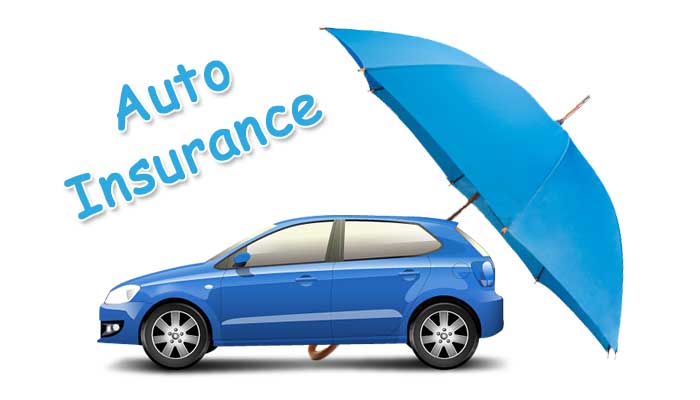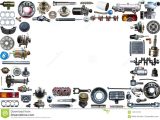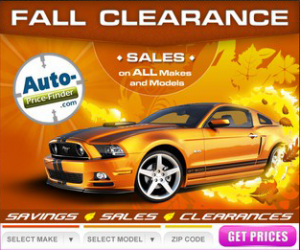
What Is Auto Insurance?
February 18, 2023Auto insurance is the contract between you and an insurer that provides financial protection if you are involved in an accident. Coverage can help pay for car repairs, medical bills and other expenses.
Choosing the right type of coverage is key to getting the most out of your policy. It’s a good idea to compare quotes from top-rated insurers and determine what you need before signing a contract.
Liability Coverage
Liability coverage is an important part of an auto insurance policy. It protects you, up to your limits, in the event that another person claims damages for an accident you caused.
It also helps cover medical expenses, lost wages and other financial losses that can arise from an accident. This type of coverage can be required in some states or is available as an optional part of your policy.
Most states require you to carry a minimum level of liability insurance to drive legally. The minimum limits vary by state, and your insurer may be able to offer you higher levels.
Collision Coverage
Collision coverage covers the cost of repairing your car after it has been damaged in a crash. This type of insurance is usually required by lenders when they finance new vehicles, as well as used cars that have been financed and leased.
If you have collision coverage, your insurer will pay the costs of repairing your car, up to your deductible amount. The deductible is typically $1,000 or lower, and it can be higher if your vehicle is particularly expensive to repair.
Comprehensive coverage, meanwhile, pays for damage to your car caused by things other than collisions or accidents. This includes damage from things like natural disasters, vandalism, theft, falling objects and contact with animals.
If you’re not sure whether to buy collision or comprehensive coverage, start by looking at how much your car is worth and your deductible. If the coverage is less valuable to you than its cost, then dropping it may make sense.
Comprehensive Coverage
Comprehensive auto insurance helps cover the cost of repairing or replacing your vehicle in case it gets damaged by something other than a crash. It covers a wide range of incidents, including fire, hail, windstorms, vandalism, theft and more.
It’s not mandatory, but it may be worth the investment if you’re in an area that has high crime rates or is prone to natural disasters like wildfires. It’s also a good idea to purchase it if you’re planning on financing or leasing your car, since your lender or lessor likely requires comprehensive coverage.
It’s also a smart move if you’re saving up for a big purchase, such as a new vehicle or home. In general, experts say that you should drop comprehensive coverage if your premiums are more than 10% of the value of your vehicle’s cash value.
Uninsured Motorist Coverage
A significant number of drivers on the road are uninsured or do not have sufficient coverage. That’s why it is important to get auto insurance with uninsured motorist coverage.
Whether you need this type of coverage depends on several factors, but it can be very helpful in the event of an accident with someone who is not insured. It will help pay your medical bills, as well as the costs for property damage if you were hit by an uninsured driver.
It also may help cover the costs of your car if it was damaged by an uninsured driver. It can be very affordable to add this type of coverage to your policy, and it is often required by states.
Prices for this coverage vary widely between states, but they are typically less expensive than liability coverage. It is usually best to buy UIM in the same limits as your liability coverage.





